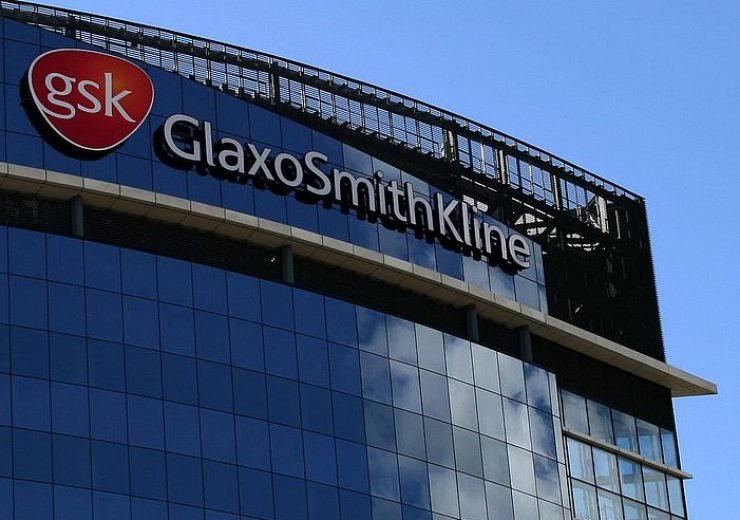iTeos will receive an upfront payment of $625m, along with milestone payments of up to $1.45bn, in addition to royalty payments

GSK's head office in Brentford, London. (Credit: Ian Wilson/Wikipedia.)
GSK and iTeos Therapeutics have joined forces to jointly develop and co-commercialise EOS-448, an investigational anti-TIGIT monoclonal antibody for cancer treatment.
EOS-448 is a monoclonal antibody that binds with high-affinity TIGIT, a part of the CD226 checkpoint axis, currently in Phase 1 development in patients with advanced solid tumours.
Under the terms of the deal, iTeos is expected to receive an upfront payment of $625m, along with additional milestone payments of up to $1.45bn, and royalty payments.
GSK and iTeos have agreed to share costs for the global development, jointly commercialise and equally share the profits from the sale of EOS-448 in the US.
The UK drugmaker would receive an exclusive license for commercialisation of the drug.
The collaboration agreement is subject to customary conditions including review by the regulatory agencies under the Hart-Scott-Rodino Act.
GSK R&D president and chief scientific officer Hal Barron said: “Immuno-oncology has transformed cancer care but unfortunately less than 30 percent of patients respond to treatment with the current leading immune checkpoint inhibitors.
“Based on the underlying science, we believe that combinations of a PD-1, TIGIT, CD96 and PVRIG inhibitor could become transformative medicines for many patients with cancer.
“We are excited to collaborate with the team at iTeos and together we can play a leading role in the next generation of immuno-oncology therapies.”
GSK is developing GSK’608, an anti-CD96 in collaboration with 23andMe, in Phase 1 studies as monotherapy and in combination with dostarlimab.
The company intends to submit an Investigational New Drug (IND) application for GSK’562, an anti-PVRIG in-licensed as SRF-813 from Surface Oncology, by mid-2022.
With the collaboration, GSK gets access to antibodies that target all three known CD226 checkpoints, including TIGIT through EOS-448, CD96 through GSK’608 and PVRIG through GSK’562.
iTeos said that it has selected GSK based on its commercial capabilities, experience in immuno-oncology and commitment to invest in the advancement of the TIGIT programme.
The collaboration provides iTeos with access to GSK’s advanced resources which will significantly benefit the company in the global market.
Furthermore, GSK and iTeos will commence combination studies of EOS-448 with dostarlimab in 2022.
iTeos president and CEO Michel Detheux said: “Inspired by the multifaceted mechanism of action of EOS-448 and promising early results in clinical trials, this collaboration allows us to accelerate and expand the clinical development of EOS-448.
“We are more confident than ever in our ability to succeed. This collaboration validates our science and provides a catalyst for the future of iTeos.
“The collaboration with GSK will allow our team to continue to develop next-generation immunotherapies starting with inupadenant, our highly differentiated clinical-stage A2A adenosine receptor antagonist, and to drive scientific innovation with our expertise in tumour immunology to build our pipeline.”
